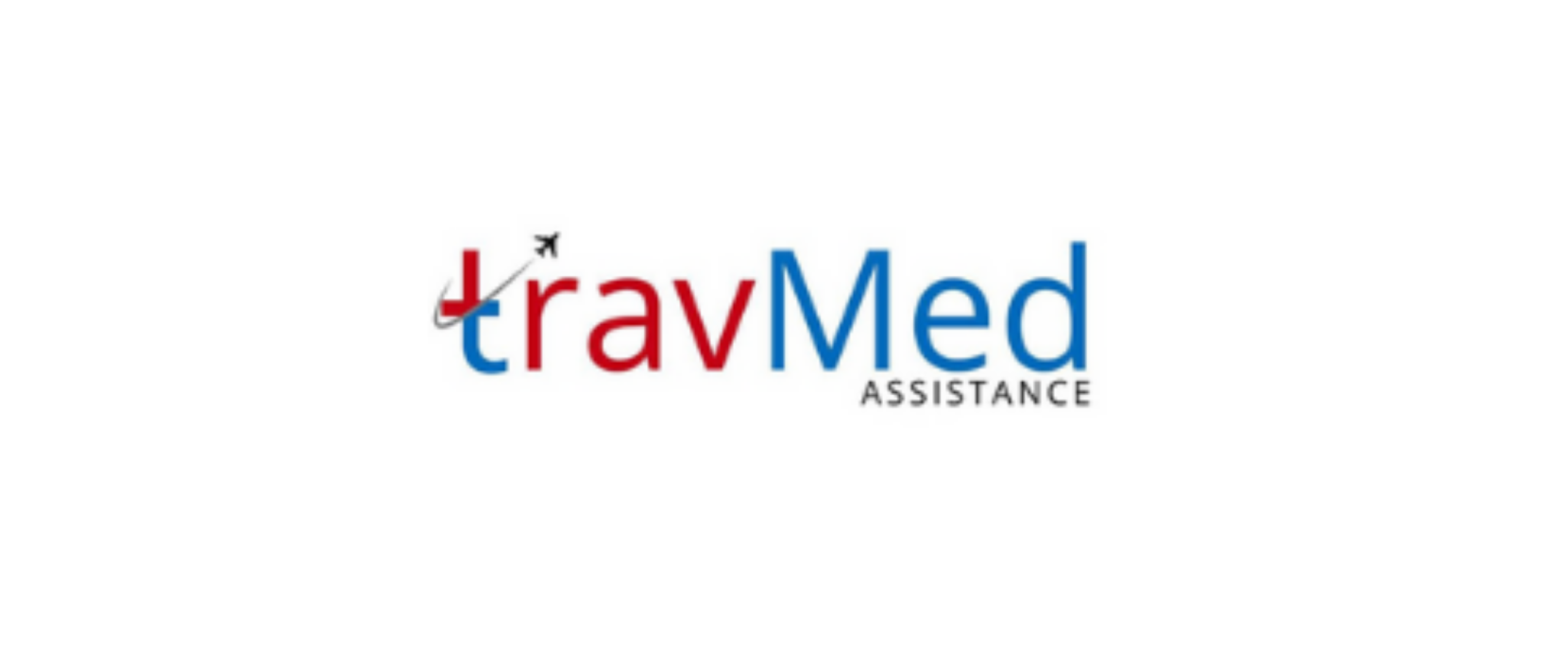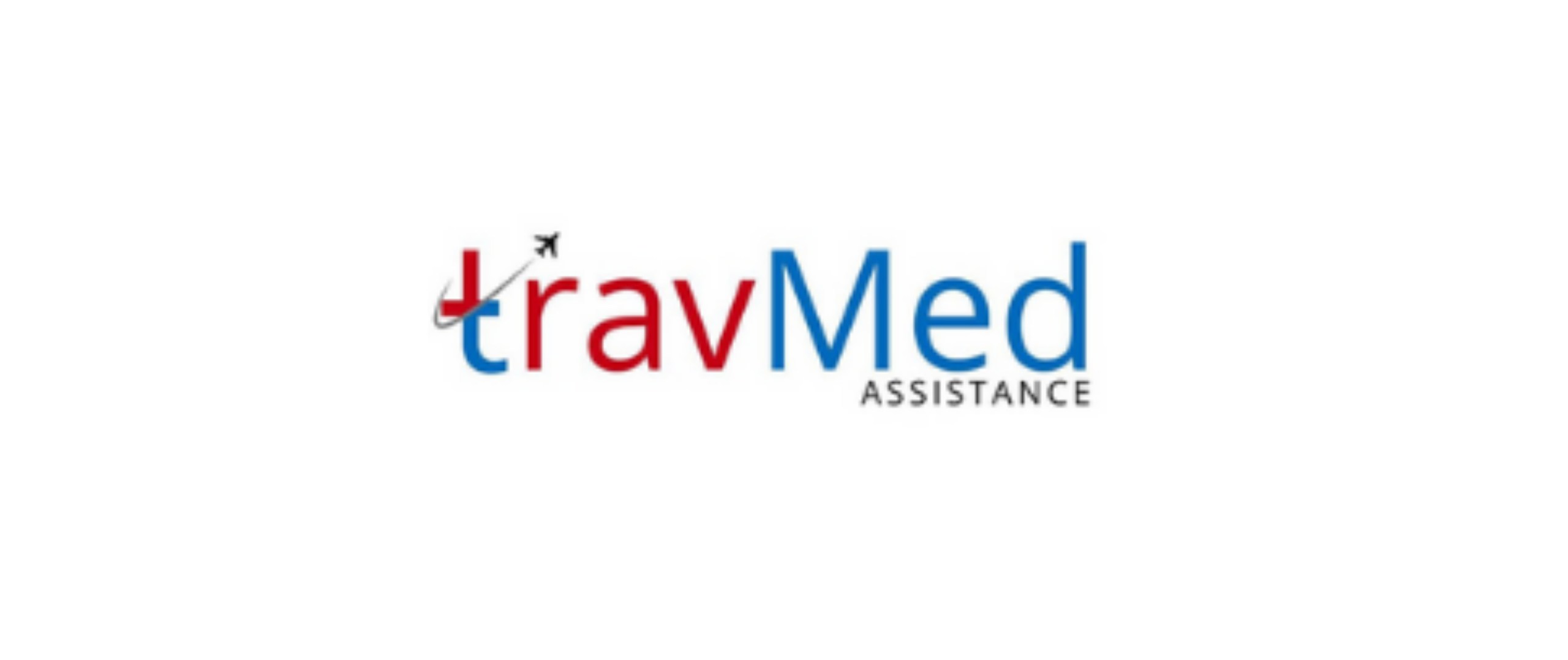
What is medical record transfer in Nepal?
Medical record transfer in Nepal refers to the process of securely moving a patient’s health information and medical history from one healthcare provider or facility to another within the country. This includes transferring physical documents as well as digital records containing details of diagnoses, treatments, medications, test results, and other relevant medical data. In Nepal, medical record transfer is essential for ensuring continuity of care when patients switch doctors or healthcare facilities. The process involves strict protocols to maintain patient confidentiality and data integrity while facilitating the smooth transition of critical health information between authorized parties. Medical record transfer in Nepal is governed by national healthcare regulations and data protection laws to safeguard patient privacy and ensure proper handling of sensitive medical information.
Who provides medical record transfer services?
In Nepal, medical record transfer services are primarily provided by healthcare institutions, hospitals, clinics, and specialized medical record management companies. Major hospitals like Tribhuvan University Teaching Hospital, Bir Hospital, and Patan Hospital have dedicated medical records departments that handle transfer requests. Private healthcare facilities such as Grande International Hospital and HAMS Hospital also offer these services. Additionally, some third-party companies specializing in healthcare information management provide record transfer services in collaboration with medical institutions. The Ministry of Health and Population oversees and regulates these services to ensure compliance with national healthcare standards. Some international organizations working in Nepal’s healthcare sector, such as the World Health Organization (WHO) and USAID, may also assist in facilitating medical record transfers, especially for patients receiving care through their programs.
How does the record transfer process work?
The medical record transfer process in Nepal typically follows these steps:
- Patient or authorized representative submits a formal request to the current healthcare provider.
- The provider verifies the patient’s identity and authorization.
- The medical records department compiles the requested information.
- Records are reviewed for completeness and accuracy.
- The healthcare provider obtains patient consent for the transfer.
- Records are prepared in the appropriate format (physical or digital).
- Transfer method is determined (courier, secure electronic transfer, or in-person pickup).
- The receiving healthcare provider is contacted to confirm readiness to accept the records.
- Records are securely transferred using the chosen method.
- The receiving provider confirms receipt of the records.
- The original provider updates their system to reflect the completed transfer.
Throughout this process, strict confidentiality measures are maintained to protect patient privacy and comply with Nepal’s healthcare regulations.
What documents are needed for record transfers?
For medical record transfers in Nepal, the following documents are typically required:
- Patient’s valid government-issued identification (citizenship card or passport)
- Completed and signed medical record release form
- Proof of relationship (for authorized representatives requesting on behalf of the patient)
- Letter of authorization from the patient (if not present in person)
- Details of the receiving healthcare provider or facility
- Specific list of medical records requested for transfer
- Proof of payment for transfer services (if applicable)
- Copy of court order or power of attorney (in special cases)
- Patient’s health insurance information (if relevant to the transfer)
- Any additional forms required by the specific healthcare provider or facility
It’s advisable to contact the healthcare provider directly, as requirements may vary slightly between institutions in Nepal.
How much do transfer services cost?
The cost of medical record transfer services in Nepal varies depending on several factors:
- Volume of records to be transferred
- Format of records (physical or digital)
- Urgency of the transfer request
- Distance for physical transfers
- Complexity of the medical history
On average, basic transfer services may cost between NPR 500 to NPR 2,000. For more extensive records or expedited services, costs can range from NPR 2,000 to NPR 5,000. Some healthcare providers may offer free transfers for certain cases, such as referrals within their network. Public hospitals often charge lower fees compared to private institutions. International transfers typically incur higher costs due to additional processing and shipping requirements. It’s recommended to inquire about specific pricing with the healthcare provider handling the transfer, as fees can vary significantly across different facilities in Nepal.
How long does the transfer process take?
The duration of the medical record transfer process in Nepal can vary based on several factors:
- Complexity and volume of medical records
- Current workload of the medical records department
- Format of records (physical or digital)
- Distance between the transferring and receiving facilities
- Urgency of the request
Typically, standard transfers within Nepal take 7 to 14 working days. Urgent requests may be processed in 3 to 5 working days, often with additional fees. For transfers between major cities like Kathmandu, Pokhara, and Biratnagar, the process might be quicker due to better infrastructure. Rural areas may experience longer processing times. Digital record transfers are generally faster, often completed within 3 to 7 working days. International transfers can take 2 to 4 weeks due to additional documentation and shipping requirements. It’s advisable to initiate the transfer process well in advance of any scheduled medical appointments or treatments to ensure timely availability of records.
Are services available nationwide in Nepal?
Medical record transfer services are available nationwide in Nepal, but the level of accessibility and efficiency can vary significantly across different regions:
- Major cities like Kathmandu, Pokhara, and Biratnagar have well-established systems for record transfers.
- Provincial hospitals in cities such as Dharan, Butwal, and Nepalgunj offer these services with moderate efficiency.
- District-level hospitals provide basic transfer services, though processing times may be longer.
- Remote and rural areas face challenges due to limited healthcare infrastructure and connectivity issues.
The Nepal Health Sector Support Program has been working to improve medical record management across the country. However, disparities still exist between urban and rural areas. In remote regions, patients may need to travel to the nearest major healthcare facility to initiate transfers. Some NGOs and international organizations are supporting initiatives to enhance medical record management in rural Nepal, gradually improving nationwide availability of transfer services. Despite challenges, efforts are ongoing to establish a more uniform and accessible system for medical record transfers throughout Nepal.
Can records be transferred internationally?
Yes, medical records can be transferred internationally from Nepal, though the process is more complex than domestic transfers. Key points include:
- International transfers require additional documentation and verification.
- Patients must provide explicit consent for cross-border transfers.
- Records may need translation if the receiving country uses a different language.
- Transfer methods include secure electronic transmission or courier services.
- Costs are generally higher due to international shipping and processing fees.
- The process typically takes longer, often 2-4 weeks or more.
- Compliance with both Nepali and the receiving country’s data protection laws is necessary.
- Some specialized hospitals in Nepal have established protocols for international transfers.
- Assistance from embassy or consulate may be required in some cases.
- Digital records are preferred for international transfers due to ease and speed.
Patients should coordinate closely with their healthcare provider in Nepal and the receiving facility abroad to ensure smooth transfer of medical records internationally.
How reliable are record transfer providers?
The reliability of medical record transfer providers in Nepal varies:
- Major hospitals and established healthcare facilities generally maintain high standards of reliability.
- Government hospitals follow strict protocols, ensuring reliable transfers but may have longer processing times.
- Private hospitals and clinics often have efficient systems, but reliability can vary based on their resources and expertise.
- Third-party record management companies are emerging, with varying degrees of reliability.
- Reliability is generally higher in urban areas compared to rural regions.
- Factors affecting reliability include staff training, technological infrastructure, and adherence to data protection standards.
- The Nepal Medical Council and Ministry of Health and Population oversee and regulate these services, aiming to maintain reliability.
- Digital transfer systems are increasingly being adopted, improving overall reliability and reducing errors.
- International accreditation of some hospitals has led to improved record management practices.
- Patient feedback and complaint mechanisms help in maintaining and improving service reliability.
While the overall reliability is improving, patients are advised to choose well-established providers and verify their credentials and track record in handling medical record transfers.
Are transfers available online in Nepal?
Online medical record transfers in Nepal are gradually becoming available, though the system is not yet universally implemented:
- Some major hospitals in Kathmandu and other urban centers offer online transfer requests.
- Digital health record systems are being adopted, facilitating easier online transfers.
- The government’s Digital Nepal Framework includes plans for nationwide electronic health records.
- Online transfers are more common for sharing records between affiliated healthcare facilities.
- Patient portals in some private hospitals allow limited access to personal medical information.
- Secure email transfers of medical records are sometimes used for urgent cases.
- Telemedicine platforms in Nepal are incorporating features for online record sharing.
- Cybersecurity measures are being strengthened to ensure safe online transfers.
- Rural areas still face challenges in implementing online transfer systems due to limited internet infrastructure.
- International transfers often utilize online methods, especially for sending records to foreign hospitals.
While progress is being made, a comprehensive online medical record transfer system is still in development stages in Nepal. Patients should check with their specific healthcare provider for available online transfer options.
How do I access record transfer services?
To access medical record transfer services in Nepal, follow these steps:
- Contact your current healthcare provider’s medical records department.
- Request the transfer form and list of required documents.
- Complete the transfer request form with accurate details.
- Gather all necessary identification and authorization documents.
- Submit the completed form and documents to the medical records department.
- Pay any applicable fees for the transfer service.
- Provide clear information about the receiving healthcare provider.
- Choose the preferred method of transfer (physical or digital).
- Request a timeline for the transfer process.
- Follow up with the medical records department if needed.
- Confirm receipt of records with the receiving healthcare provider.
For online services, check if your healthcare provider offers a patient portal or electronic request system. In rural areas, you may need to visit the nearest hospital or health post to initiate the transfer process. Always ensure you have proper authorization if requesting records on behalf of someone else.
How is data confidentiality ensured?
Data confidentiality in medical record transfers in Nepal is ensured through various measures:
- Strict adherence to patient privacy laws and healthcare regulations
- Use of secure, encrypted systems for digital transfers
- Limited access to medical records, restricted to authorized personnel only
- Implementation of data protection protocols in healthcare facilities
- Regular staff training on confidentiality and data handling procedures
- Use of unique patient identifiers to prevent mix-ups
- Secure storage of physical records in locked facilities
- Requirement of patient consent before any transfer of records
- Audit trails to track access and modifications to medical records
- Use of secure courier services for physical transfers
- Implementation of firewalls and antivirus software in digital systems
- Regular security assessments and updates to transfer protocols
- Confidentiality agreements signed by healthcare staff and third-party service providers
- Destruction of unnecessary copies of records after transfer completion
These measures aim to protect patient privacy and maintain the integrity of medical information throughout the transfer process in Nepal’s healthcare system.


